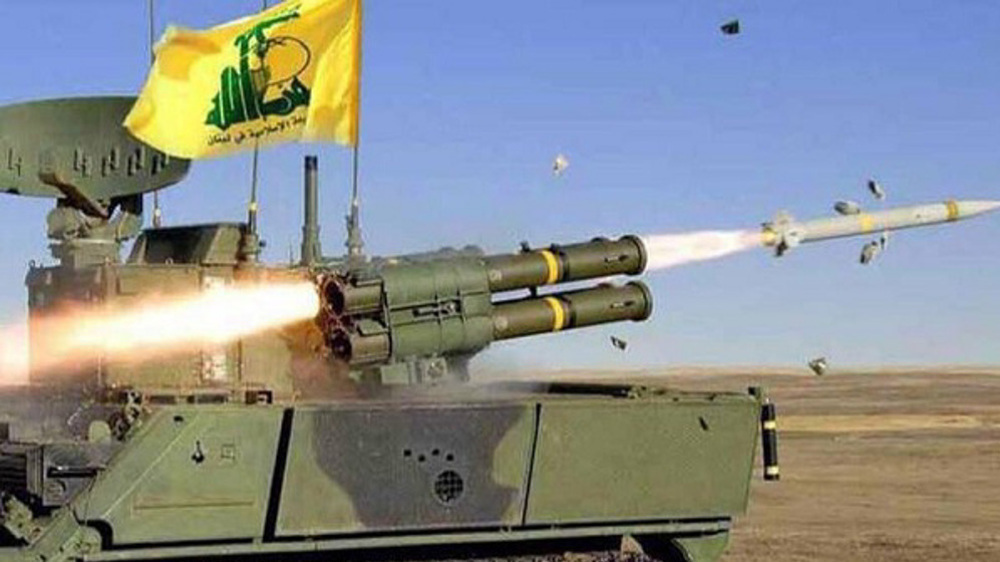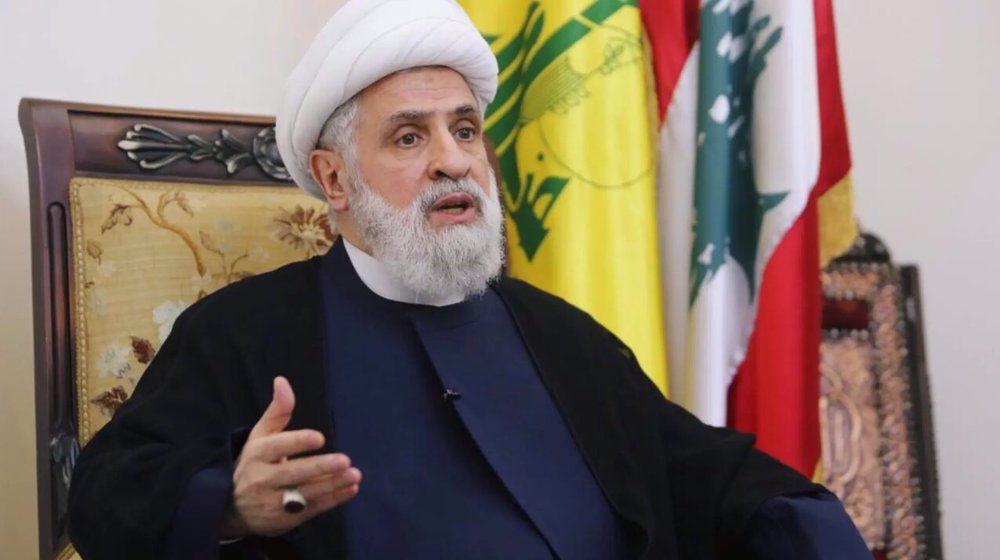Lebanese president tasks Hariri with forming new government
Lebanese President Michel Aoun has appointed former prime minister Saad Hariri, who previously led three governments in Lebanon, as the country's prime minister-designate almost a year after he stepped down.
Hariri, 50, on Thursday won the backing of a majority of parliamentarians in consultations with Aoun, after the veteran politician resigned in January under pressure from unprecedented protests against economic hardships.
I will “form a cabinet of non-politically aligned experts with the mission of economic, financial, and administrative reforms contained in the French initiative roadmap,” Hariri said in a statement.
“I will work on forming a government quickly because time is running out and this is the only and last chance facing our country,” he said of his government of technocrats which is expected to be committed to a French-supported reform plan.
Aoun named Hariri to form a new cabinet to lift the country out of the current political and economic crisis after 65 legislators of the 128-seat parliament supported the former premier’s nomination, while 33 lawmakers abstained.
“The president summoned... Saad al-Deen al-Hariri to task him with forming a government,” a spokesman for the presidency said in a brief statement.
Meanwhile, Lebanon's Amal bloc called for the formation of a government "as fast as possible" after Hariri was nominated to be the next prime minister.
The small Mediterranean country is grappling with its worst economic crisis in decades and still reeling from a colossal port explosion that claimed the lives of 203 people and ravaged large parts of Beirut on August 4.
The devastating blast, which razed the Biuret port to the ground, further injured some 6,500 others.
It occurred when 2,750 tonnes of ammonium nitrate, a highly explosive fertilizer, went up in smoke at Beirut port, leaving up to 300,000 people homeless. The chemicals had been poorly stored in a warehouse for at least six years.
On Wednesday, Aoun warned that the new premier, the third in a year, would have to spearhead reforms and combat corruption to rescue the crisis-wracked country.
In late August, Mustapha Adib was nominated to form a new government after his predecessor, Hassan Diab, resigned in the aftermath of the gigantic explosion in Beirut.
However, Adib, who had vowed to form a cabinet of experts in line with conditions set by French President Emmanuel Macron, faced resistance from a number of main parties and ultimately stepped down nearly a month later.
UK engaged in 'systematic' suppression of pro-Palestine voices: Report
Hundreds of Greeks protest US warship arrival in Crete
Iran warns Trump against decisions based on false information
Iran embassy rejects 'fabricated' French reports on domestic affairs
Trump’s military buildup against Iran on Netanyahu’s behalf is a gambit doomed to fail
Iran dismisses US 'big lies' on nuclear, missile programs
CIA‑founded NGO admits deploying Starlink satellites for Iran riots
VIDEO | French comedian targeted by Rothschild and Epstein for his shows on Palestine











 This makes it easy to access the Press TV website
This makes it easy to access the Press TV website